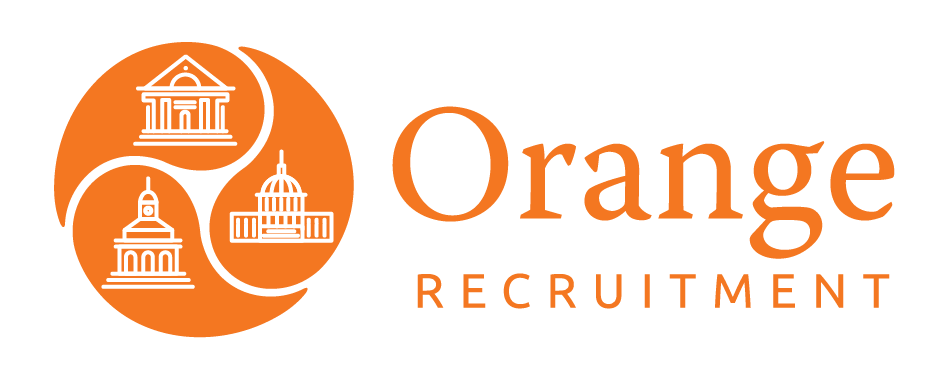Resources
Social Care Workers: Legislation in Ireland has Changed – Are You Ready for the November 30th Deadline?
The profession of Social Care Worker is now a protected title under Irish law, following a key change in legislation under the Health and Social Care Professionals Act 2005. This means that only those registered with CORU, Ireland’s multi-profession health and social care regulator, can legally use the title “Social Care Worker” after November 30th, 2025. The regulation aims to ensure that all practitioners meet national standards for education, ethics, and professional conduct.
Essential Skills for Social Care Workers: What Employers Look For
Looking to grow your career as a Social Care Worker in Ireland? Whether you’re newly CORU-registered or an experienced professional, employers are seeking more than qualifications alone. Strong communication, empathy, safeguarding knowledge, problem-solving, and teamwork are the key skills that make SCWs stand out in today’s evolving sector. At Orange Recruitment, we partner with leading employers including the HSE, Section 38/39 services, and private providers to connect dedicated social care workers with the right opportunities. From CV support and interview coaching to CPD guidance and access to exclusive roles, we’re here to help you build a meaningful career in social care.
Self-Care for Social Care Workers in Ireland: 6 Strategies to Avoid Burnout
Working in social care is one of the most meaningful and emotionally demanding professions in Ireland. Whether you’re supporting children, adults with disabilities, or vulnerable families, the work you do matters deeply. But while you’re busy caring for others, one vital question often goes unanswered: Who’s caring for you?
Understanding How Social Care Organisations Are Funded and Why It Matters for Social Care Workers
If you’re a Social Care Worker (SCW) in Ireland or training to become one you’re not just choosing a job, you’re choosing a sector. And one thing that makes a big difference to your pay, benefits, pension, and job security is how your employer is funded.
There’s a good chance you’ve heard of Section 38, Section 39, or private providers, especially if you’ve worked with agencies like the HSE, Tusla, or community-based services. But what do these categories really mean for your career?
A Career That Cares: Why Now Is a Powerful Time to Be a Social Care Worker in Ireland
In Ireland today, the role of the Social Care Worker (SCW) has never been more important or more visible.
Whether you’re supporting vulnerable young people, empowering adults with intellectual disabilities, or helping families in crisis, the work you do has a direct and lasting impact. And now, thanks to national focus and sector reforms, opportunities for SCWs are expanding across public, voluntary, and private services.
Building a Compliant CPD Portfolio: What Every Social Care Worker Should Know
As a Social Care Worker (SCW) in Ireland, staying registered with CORU means staying accountable for your ongoing professional development. While the responsibility for Continuing Professional Development (CPD) lies with you, CORU doesn’t leave you to figure it out alone.
In fact, CORU offers clear guidance, tools, and templates to help you build a CPD portfolio that’s compliant, structured, and audit-ready something every SCW should be familiar with.
Is Your Organisation Supporting Your CPD?
Continuing Professional Development (CPD) is not just a regulatory requirement, it’s a key part of professional growth for every Social Care Worker (SCW). Under CORU registration, SCWs must take personal responsibility for ensuring they complete a minimum of 30 hours of CPD each year. But here’s the real question:
Is your organisation helping you meet that requirement?
Understanding CPD for Social Care Workers in Ireland
Continuing Professional Development (CPD) isn’t about compliance, it’s about better care outcomes. According to CORU guidance, CPD “fosters high standards of professional conduct and competence” and safeguards public trust. Moreover, it’s a Social Care Worker’s path to lifelong learning: taking new courses keeps you ahead in evolving best practices, enriches your reflective learning, and enhances care delivery.
What Happens If You Don’t Complete CORU Registration by 30th November 2025?
If you’re currently working as a Social Care Worker in Ireland and haven’t yet registered with CORU, the deadline to complete your registration including completing Stage 3 is fast approaching.
From 1st December 2025, the title “Social Care Worker” will be legally protected, and only those fully registered with CORU or passed stage 3 of the application stage will be allowed to use it or work in the role.
CORU Social Care Worker Registration
Are you a Social Care Worker in Ireland? From December 2025, CORU registration is legally required. Learn how to apply, which route fits your background, and what documents you’ll need in this step-by-step guide.










